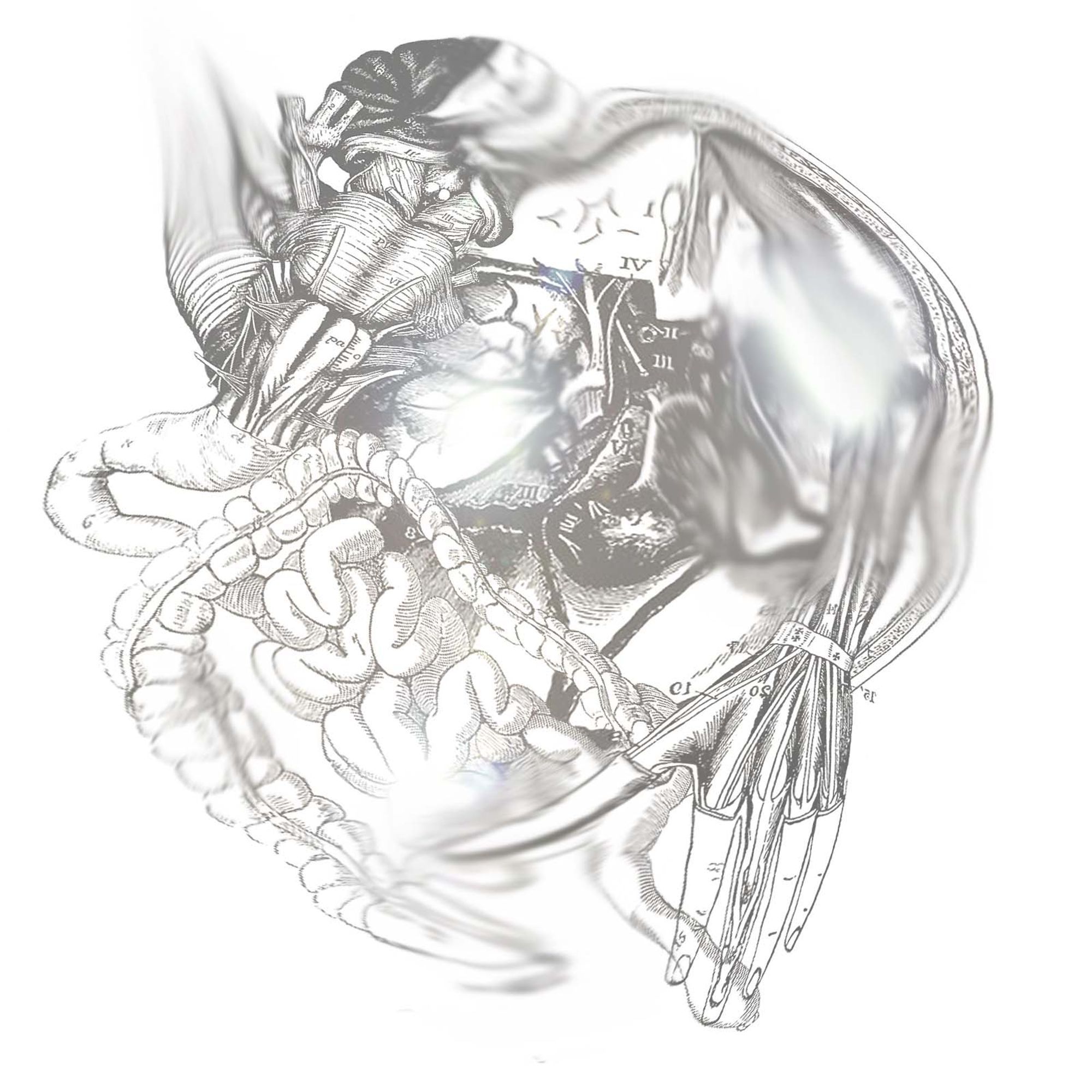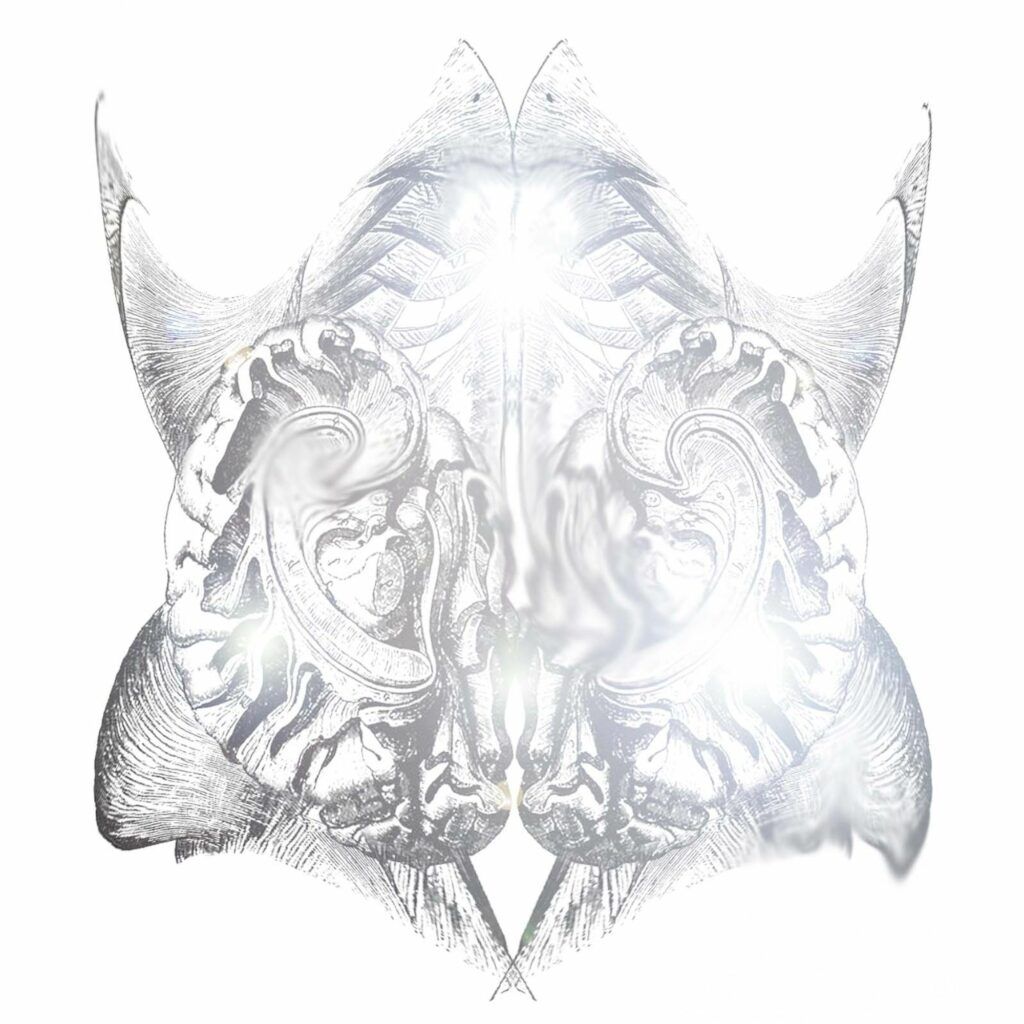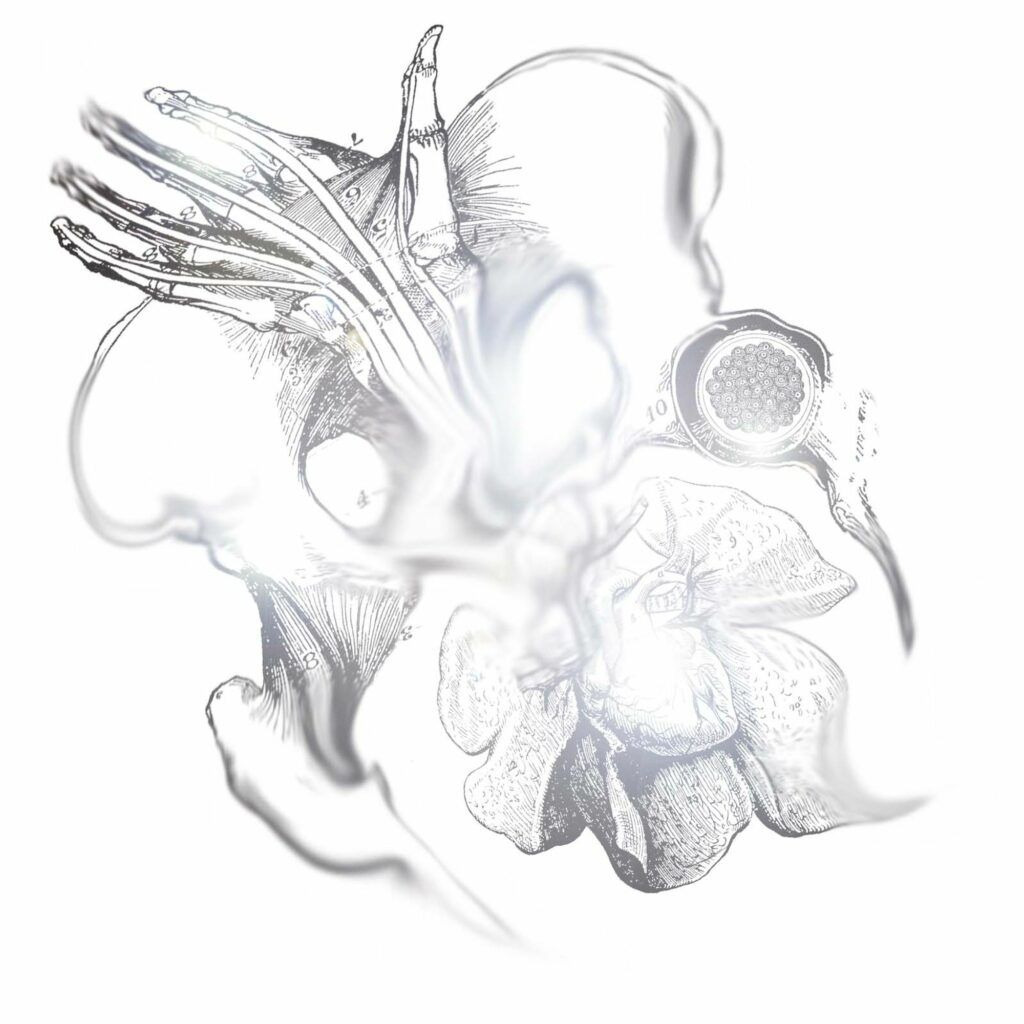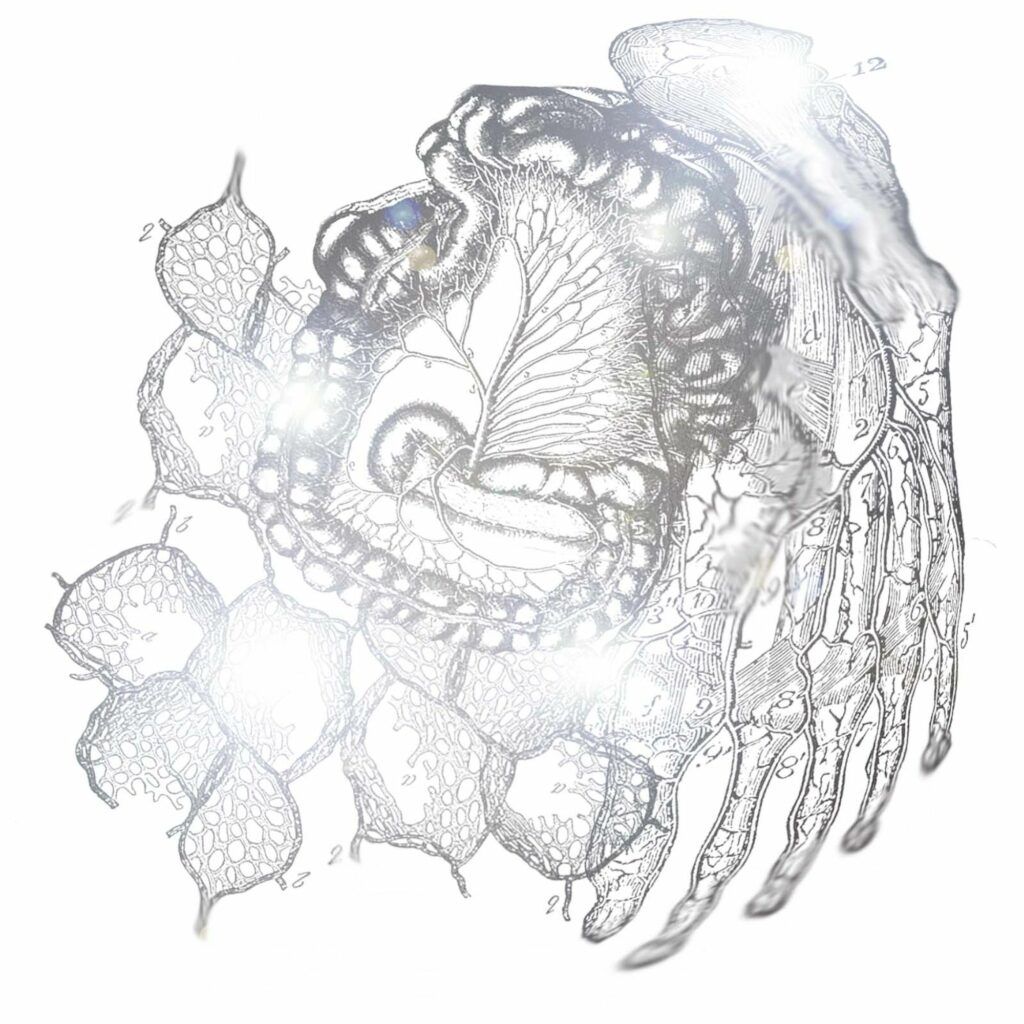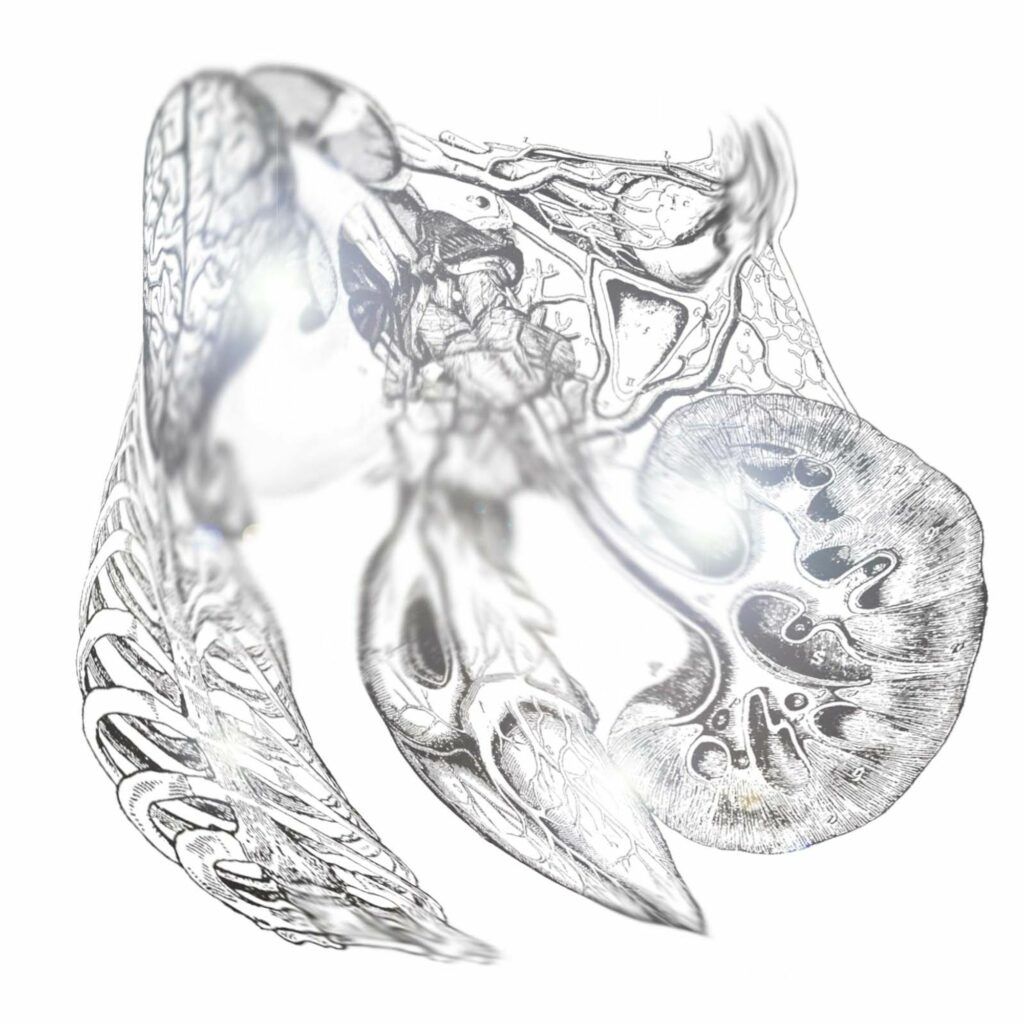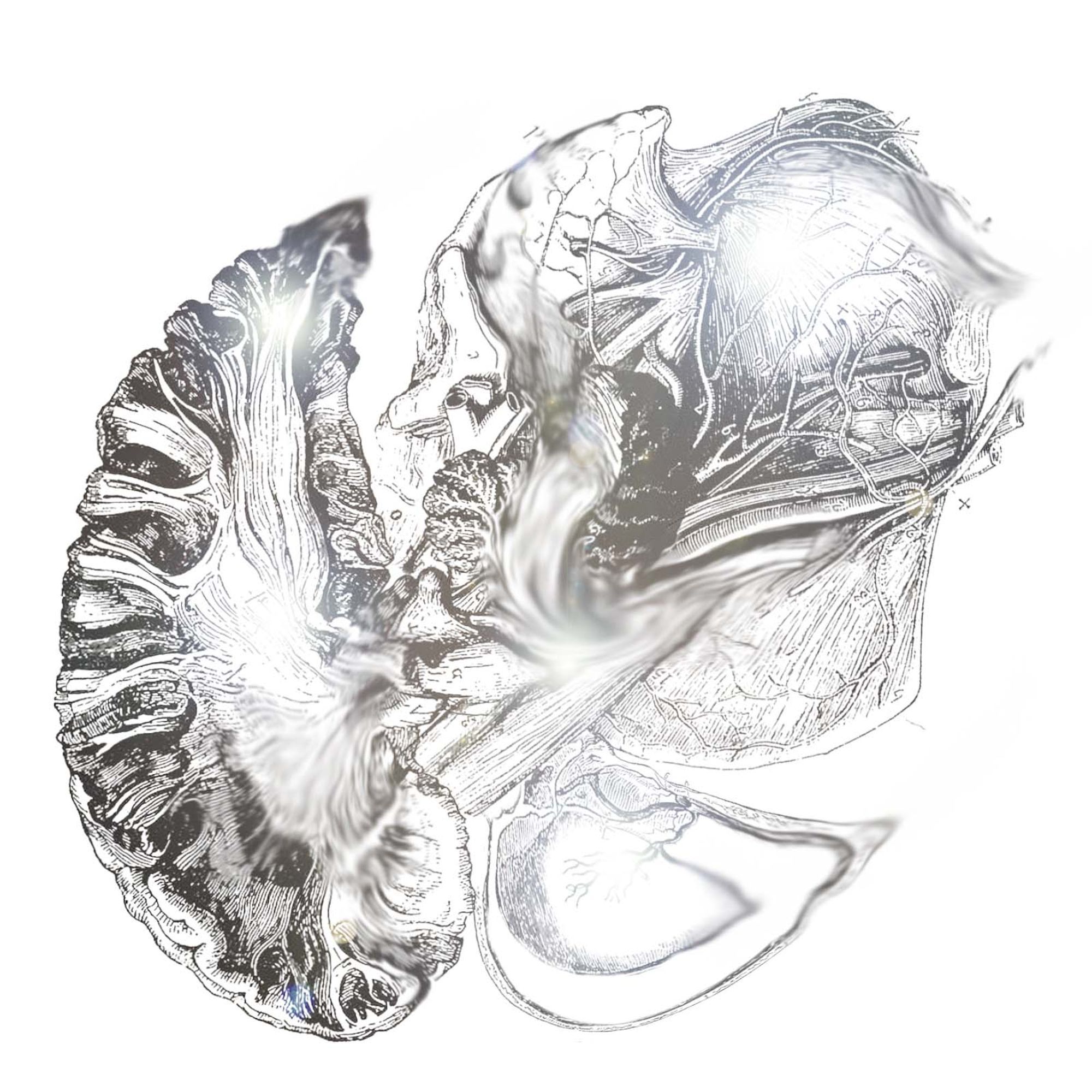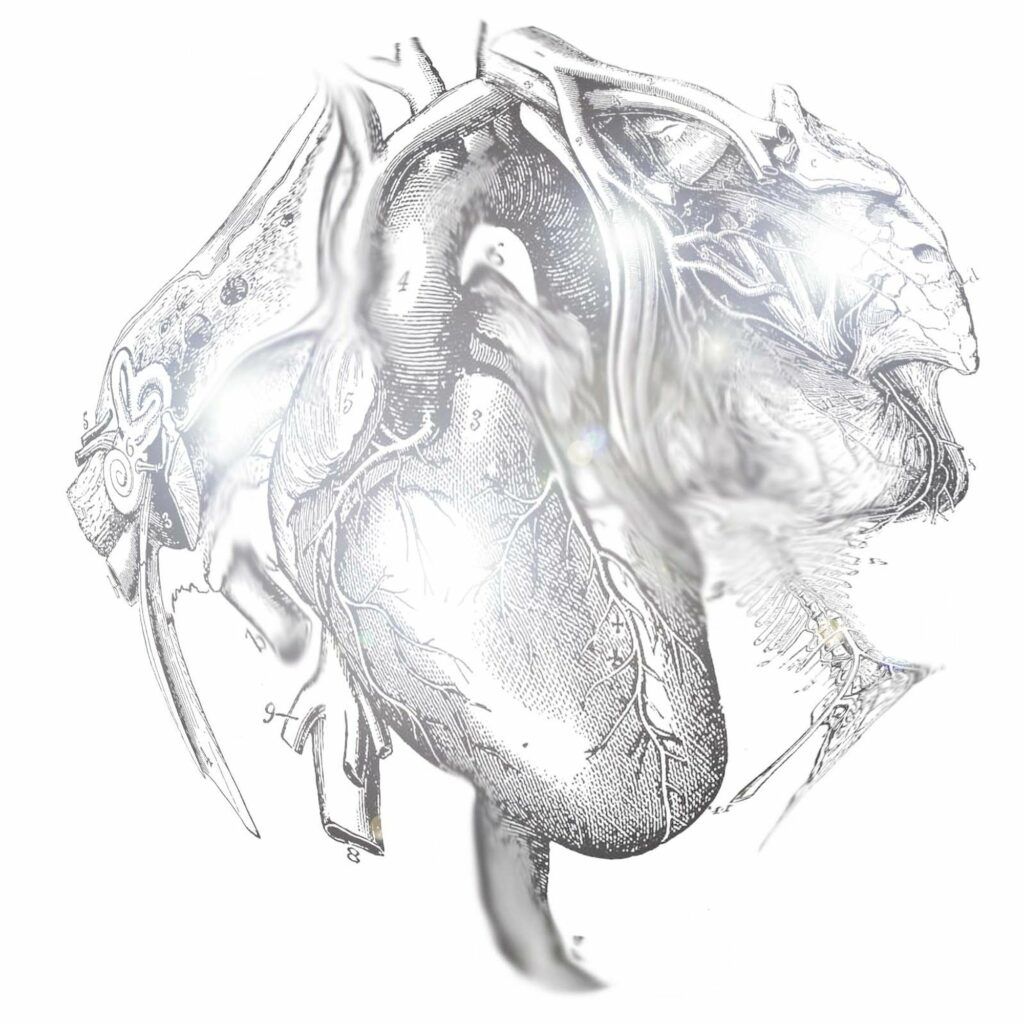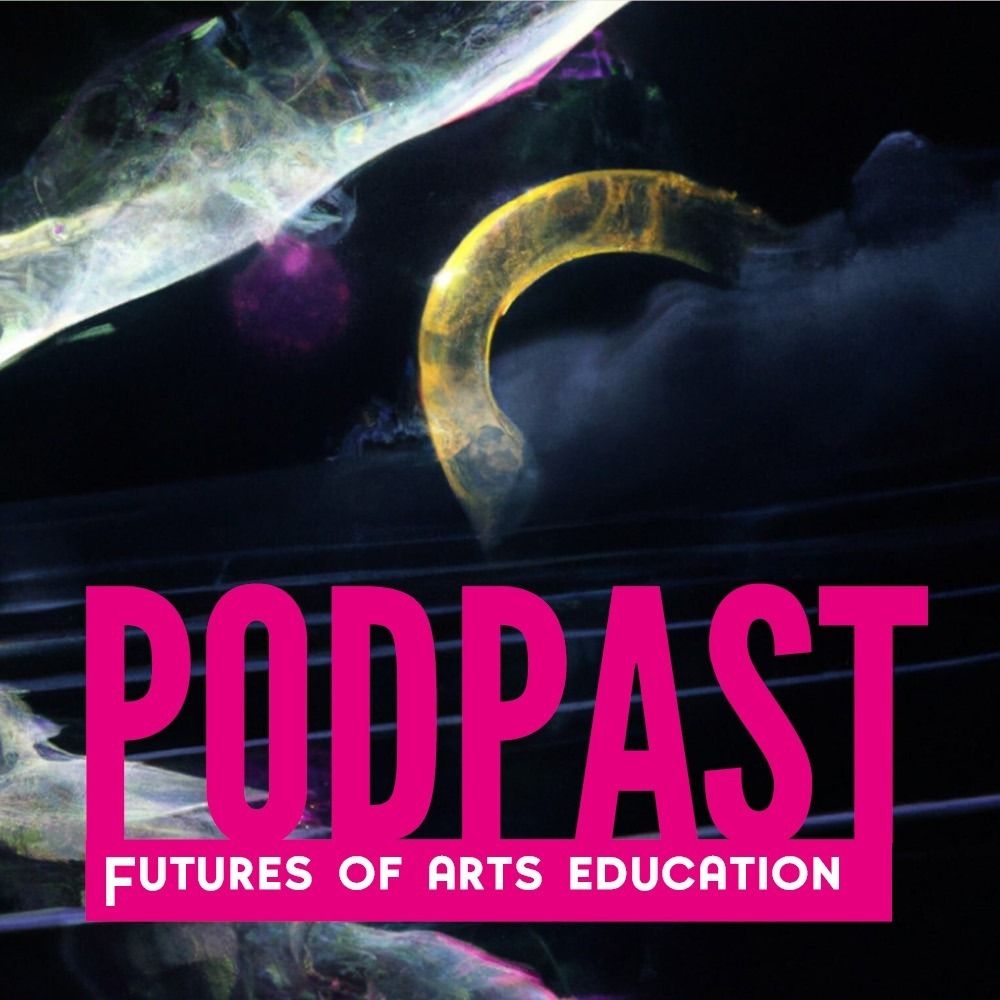SoC Summer School Zürich University of the Arts (ZHdK) 29 August to 1 September 2022
FOOTNOTES 2045
FAST45 is funded by the Erasmus + Knowledge Alliance programme of the European Union.
FAST45 aims to create and test new methodologies, envisage future scenarios, establish long-term international collaboration, and develop tools and initiatives that will empower arts institutions not only to anticipate an unknown future but to actively shape it.
FOOTNOTES 2045: Annotating the Futures of Arts Education summer school was organised by School of Commons, Zürich University of the Arts (ZHdK) and took place from 29 August to 1 September 2022, on the ZHdK campus. The Summer School was part of the FAST45 project (Futures Art School Trends 2045).
The 5-day event gathered academics, (art) professionals, students and curious people who jointly worked around seven focus topics surrounding higher arts educational futures:
DIS/CONTINUITIES_Digital Cultures of Education
CHAOS/MOSIS_Inter- and Transdisciplinarity
COMMONALITIES_Knowledge Commons
RE/PROGRAMMING_Institutional Structures and Strategies
Throughout Footnotes Summer School, FAST45 explored Live Action Role-Play (LARP) as a method for futures thinking with the support of LARP artists Carina Erdmann and Steph Holl-Trieu (0ct0p0s). Following the Live Action Role-Play method, all participants assumed fictional characters for the duration of the summer school and agreed on meeting in the (imagined) year of 2045. All lectures and panel discussions were moderated in live-action role-play character by interdisciplinary artist Monika G. Dorniak. While the basic future scenario of the Footnotes gathering in the year 2045 was set, to a certain extent, by a group of selected organisers and artists, a main element of the workshops and lectures was to develop more detailed future realities of arts education in 2045, together. This process was strongly supported by role-play, which helped to interpret, embody and shape future realities. It was strongly emphasised that for participation in the Summer School, no prior experience in Live Action Role-Play was required.
Why "Footnotes"?
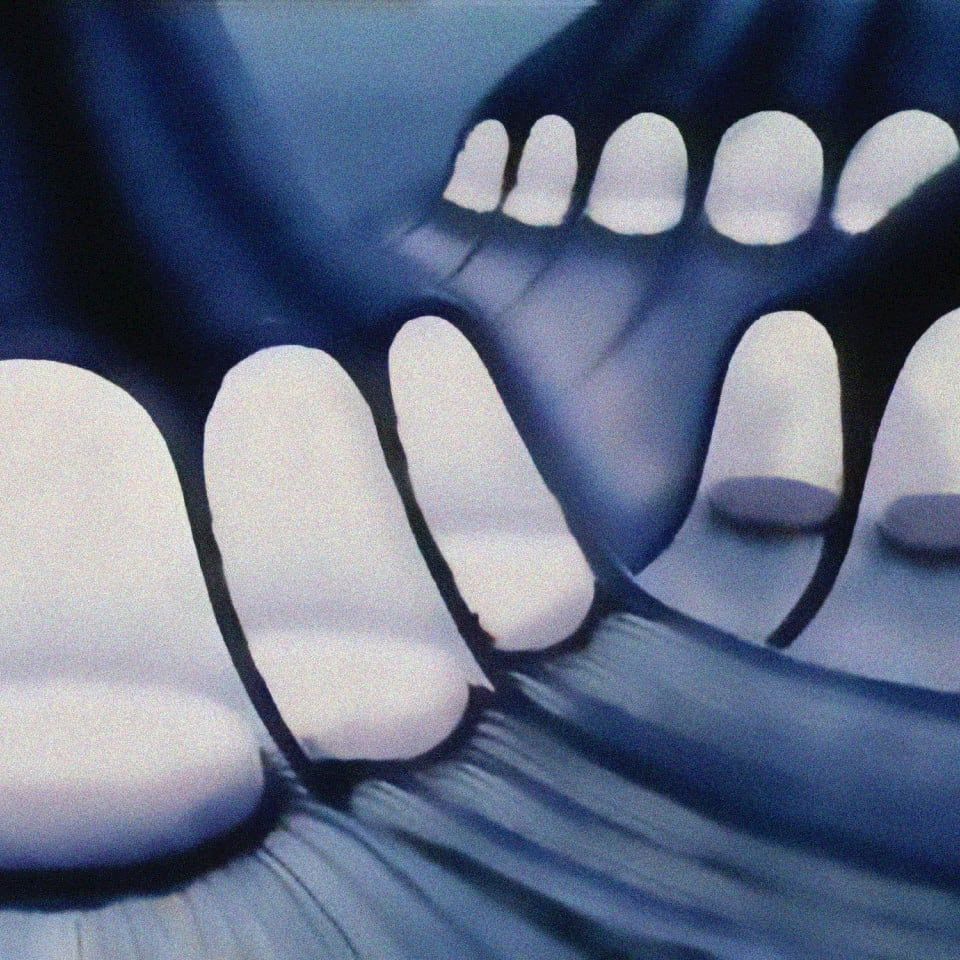
© 0ct0p0s
The full title of the 2022 Summer School was Footnotes: Annotating the futures of arts education. This title describes both a space and a movement that critically engages with the futures of art education in hybrid spaces and over longer durations of time. As such, communication, exchange and knowledge creation took place before, during and after the Summer School, via a dedicated Learning Platform.
In the context of the Summer School, Footnotes can be defined a place for trans-temporal exchange. It recalls various practices that have historically marginalised, be that as forms of resistance found in feminist practices of critical pedagogy, traditions of black radical thought, artistic gestures of the 19th century, or forms of intervention and conversation experienced between different readers as seen in medieval scriptures. This kind of analysis and annotation was mostly used to critically reflect upon and subvert the Learning Platform and the knowledge body that is enlisted there.
What is Live Action Role-Play (LARP)?
... and how can it be used as a method for futures thinking? Learn more!
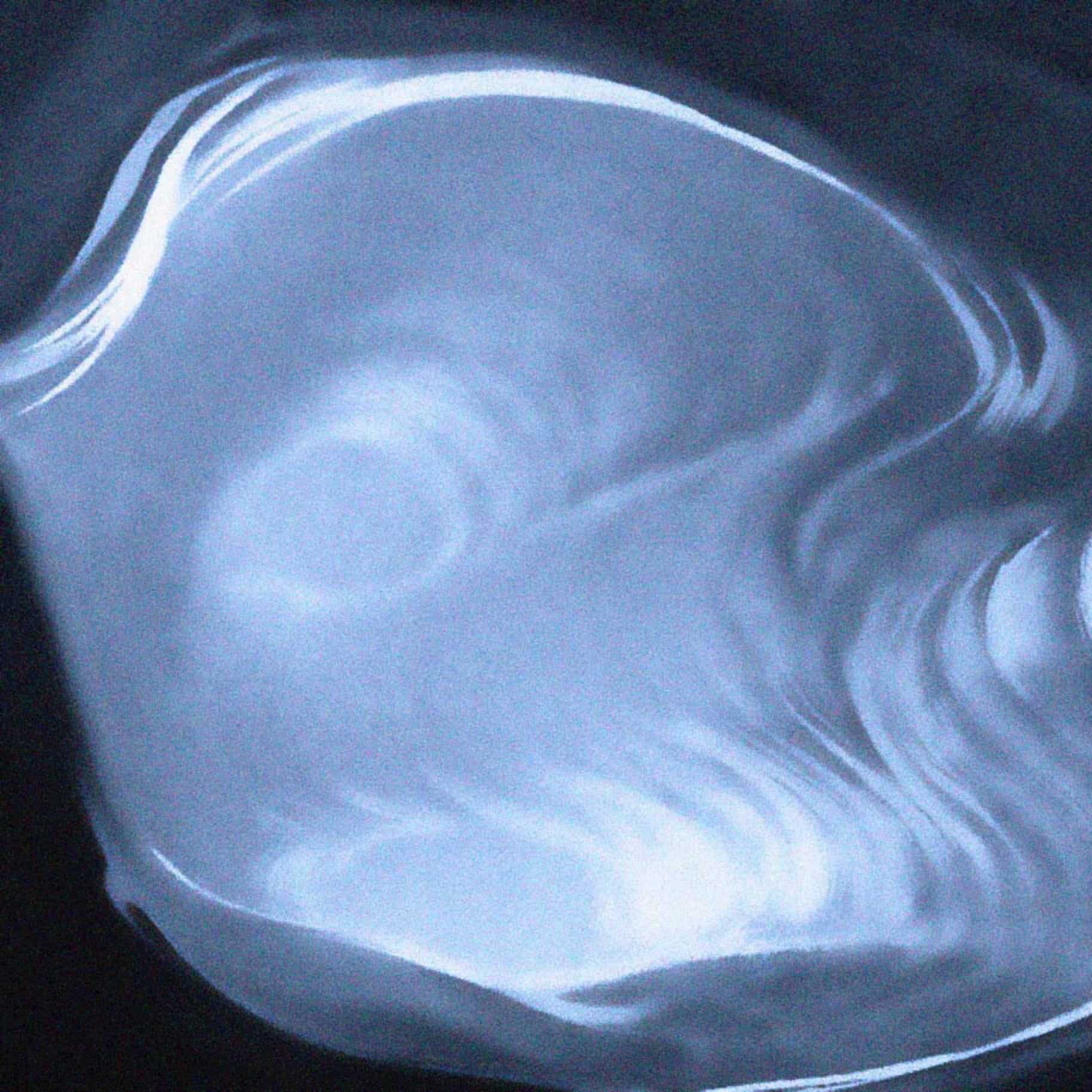
© 0ct0p0s
What is Live Action Role-Play (LARP)?
In Live Action Role-Playing (LARP) Games, players pursue goals within a fictional setting. This setting is landscaped through a real-world environment. The players interact with each other in character. LARP Games can be played in a multiplicity of settings (not solely performative art settings).
Through its evolution, Live Action Role-Playing has emerged as a new performative art form that collectively performs realities.
At Footnotes, FAST45 experimented with Live Action Role-Play as a method for futures thinking in art school and for art school futures.
Do you want to dive deeper into Live Action Role-Play? Jump to the LARP Glossary!
Footnotes Backstory
Dive into the scene set for future realties explored during the Footnotes Summer School.
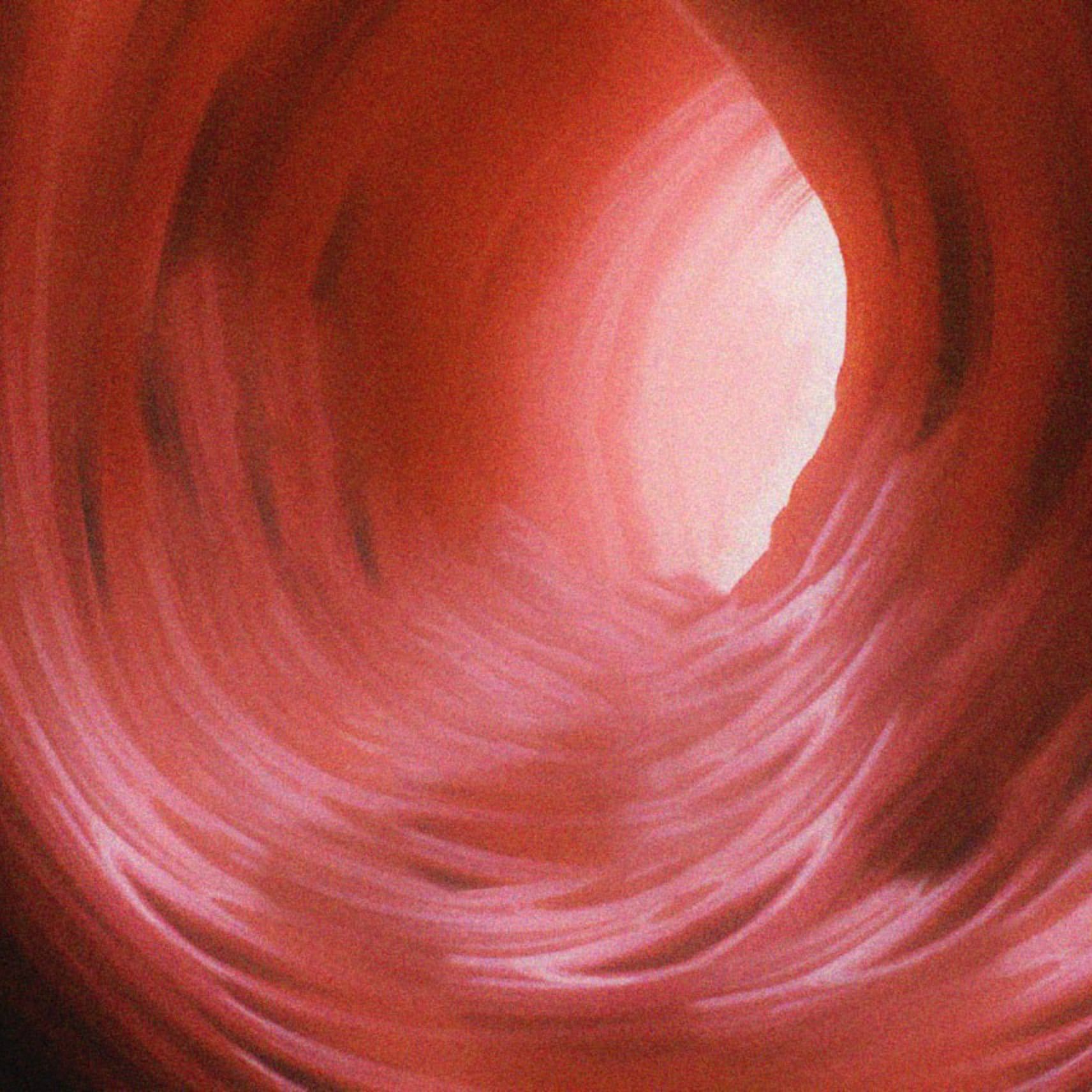
© 0ct0p0s
It is the year 2045. This year’s Footnotes gathering will be hosted by the School of Commons. This meeting was named after a function within the Learning Platform, a tool devised in 2021 to facilitate knowledge and resource exchange, host digital learning formats (seminars, lectures, etc.), coordinate the use of physical resources (workshops, seminar rooms, technical equipment, etc.) and publish and present theoretical and artistic practices.
Slowly over the last 24 years, the platform was deployed globally across numerous Art and Design Schools. In some places, academies and educational institutions decided to repurpose and cut back on their financing of physical classrooms, studios, and workshops and invest heavily in digital infrastructures such as data centers and connectivity services. The reasoning was that needs-based rentals of workspaces and equipment would be far more economical than the maintenance of often centuries-old buildings. Of course, this was not the case everywhere. Other schools decided to use the Learning Platform ‘lightly’, emphasising the need to meet and study in physical environments. Without a doubt, these different models emerged due to the changing and asymmetric educational policies adopted by regional, national and international governance bodies.
Yet over this same time period, another trend emerged, threading its way through faculties and institutions.
Footnotes, a standardised functionality hard-coded into the Learning Platform, grew into a buzzing place of transgenerational exchange. Initially thought to simply comment and annotate an institutionally canonised corpora of knowledge, over time different working groups formed. In activating the space of the margin, these groups revisited feminist theories of critical pedagogy, black radical tradition, decolonial methodologies, artistic gestures of subversion, and practices found in medieval scriptures, to understand this environment as one with a rich history of emancipatory struggle and resistance.
For more than twenty-two years, the Footnotes function of the Learning Platform has become its own platform for individuals and working groups to discuss and organise around issues surrounding arts education. Over time, many different conversations and threads emerged between the lines. These threads coalesced into working groups, in-person meetings, and larger gatherings of translocal exchange. In April 2045, one of these groups called the School of Commons put out a call for a gathering. It didn’t take long until seven engaged groups signed up. They call themselves: DIS/CONTINUITIES, ORGANOLOGY, CHAOS/MOSIS, COMMONALITIES, RE/PROGRAMMING, SYMBIOSIS, and PLASTICITY. Each group would explore its own unique theme within the Summer School programme.
In a long message thread, the groups decided that there would be 2 ½ days dedicated to workshops, while the last 1 ½ days would host a conference. The latter would be committed to synthesising the many discussions and thought-forms that emerged over the last decades and were processed during the preliminary workshop sessions.
During the workshops, the groups endeavoured to deepen their understanding of their own research and practices, situating them both within their local environments and wider global developments.
Carving out new pathways for arts education and zones to nurture common bodies of knowledge builds on the efforts of many generations. Therefore some of the working groups will be annotating video lectures from future archives of the past. Others have invited remote speakers to share experiences, provocations, and reflections from their own contexts and conditions.
Because not everyone will be able to attend, newfound insights will be shared through the Footnotes Channel, the shared knowledge base of Footnotes. In addition, those who are not able to attend will be remotely embodied by a real-life avatar, who will visit the different groups over the course of the workshops and transmit questions and comments.
Lectures, Inputs, Discussions
Dive into the Footnotes lectures and cross-temporal discussions...
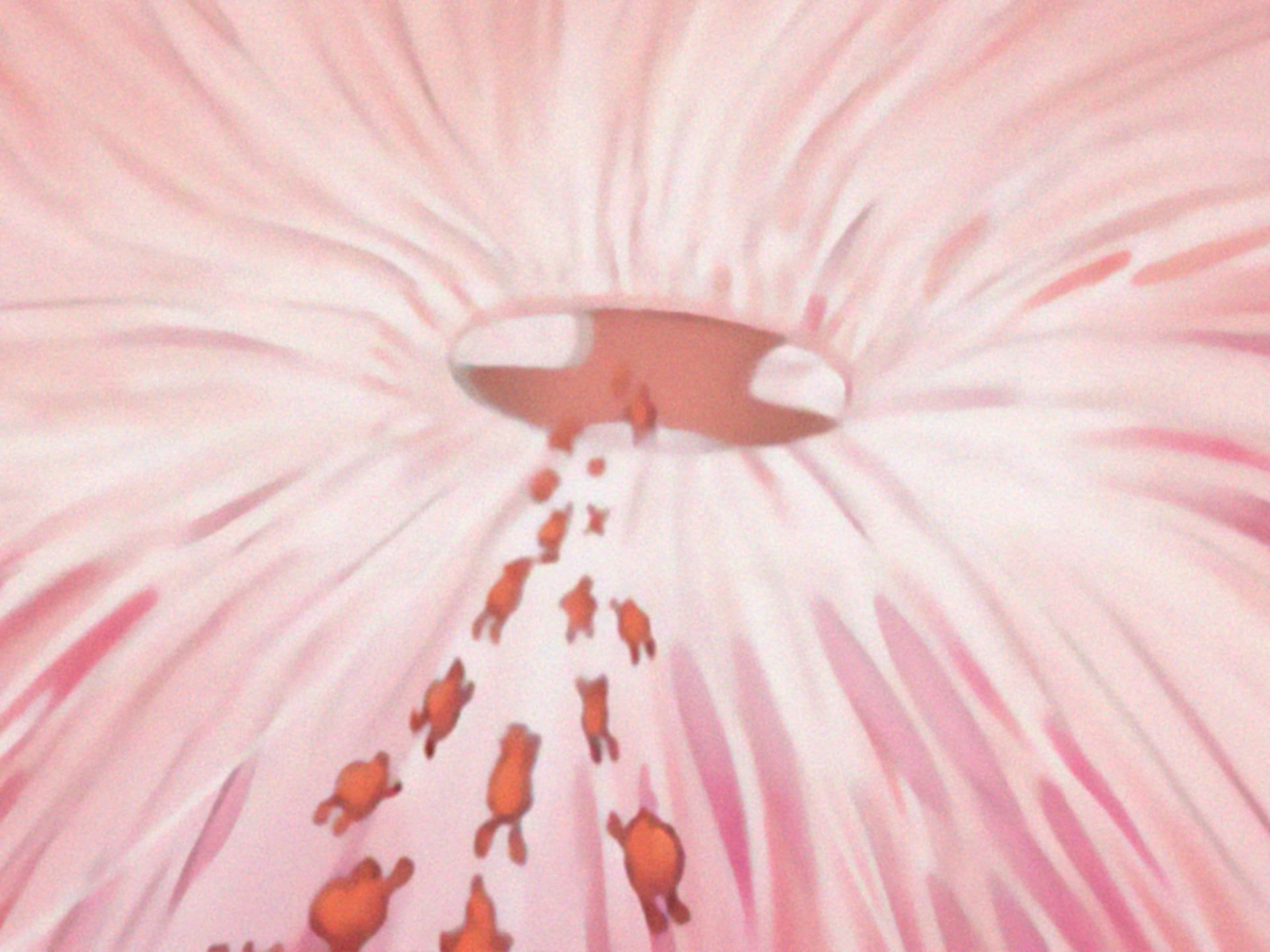
© 0ct0p0s
All FOOTNOTES panel discussions and Q&A are moderated by interdisciplinary artist and time traveller Monika Dorniak.
DIS/CONTINUITIES: Clara Balaguer (remote) Baruch Gottlieb (on-site)
ORGANOLOGY: Edwin Ramirez, Criptonite (remote) Noor Abed & Lara Khaldi, School of Intrusions (on-site)
CHAOS/MOSIS: manuel arturo abreu (remote) Philip Bergmann and Thea Reifler, Shedhalle (on-site)
COMMONALITIES: Silvia Federici and Jack Hogan (remote) Brandy Butler (on-site)
RE/PROGRAMMING: Marta Malo de Molina (remote) Lina Dokuzović (on-site)
SYMBIOSIS: Ama Josephine B. Johnstone (remote) Klasse Klima, Johann Otten and Lena Schubert (on-site)
PLASTICITY: Omsk Social Club (remote) C&, Will Fredo Furtado (on-site)
Footnotes Schedule
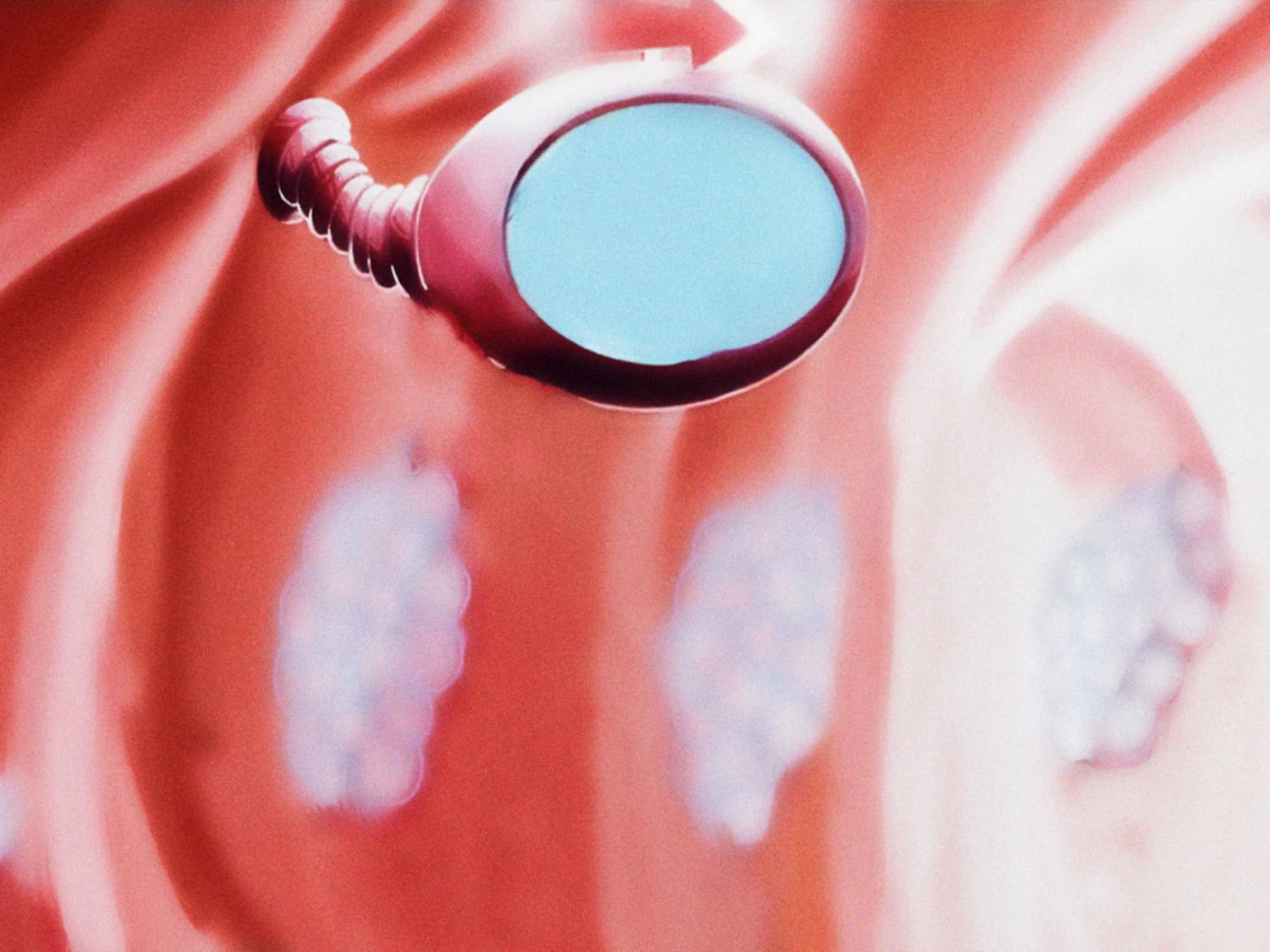
© 0ct0p0s
Year: 2 0 4 5
August 29 09:00 – 09:30 Arrival 09:30 – 10:00 Welcome 10:00 – 12:00 Introduction to Footnotes 12:00 – 13:30 LUNCH BREAK 13:30 – 15:00 Group Building 15:00 – 15:20 BREAK 15:20 – 16:30 Video Input and Initial Inquiry 16:30 – 16:45 BREAK 16:45 – 17:30 ASK: Factor Questions 17:30 Apéro August 30 09:30 – 10:50 Creating Common Ground 10:50 – 11:10 BREAK 11:10 – 13:00 ANSWER: World 13:00 – 14:30 LUNCH BREAK 14:30 – 15:45 Issues and Implications 15:45 – 16:00 BREAK 16:00 – 17:30 Preparation Conference August 31 09:30 – 10:00 BODYWORK 10:00 – 11:00 Looking Back 11:00 – 11:15 BREAK 11:15 – 13:00 Conference Preparation 13:00 – 15:30 LUNCH BREAK 16:00 START
Conference: August 31 – September 1
August 31 15:30 – 16:00 Arrival Time and Drinks 16:00 – 16:10 Welcome Note 16:10 – 16:40 Footnotes: The Prologue 16:40 – 17:40 🫁 ORGANOLOGY: Art School & Society with School of Intrusions 17:40 – 18:10 BREAK 18:10 – 19:10 🔋 DIS/CONTINUITIES: Digital Cultures of Education with Baruch Gottlieb 19:10 – 19:40 Footnotes: Intermission 19:40 – 20:40 Apéro
September 1 9:00 – 10:00 ☕️ Welcome Coffee 10:00 – 10:30 Footnotes: Intermission, Intro 10:30 – 11:30 🧠 PLASTICITY: Institutional vs. Non-Institutional Education with Will Fredo Furtado, Contemporary And 11:30 – 12:30 🕸 CHAOS/MOSIS: Within and Beyond the Discipline with Thea Reifler & Philipp Bergman, Shedhalle 12:30 – 14:00 LUNCH BREAK 14:00 – 15:00 🕹 RE/PROGRAMMING: Institutional Structures and Strategies with Lina Dokuzović 15:00 – 16:00 🦠 SYMBIOSIS Ecological and Social Sustainability with Klasse Klima 16:00 – 16:45 BREAK 16:45 – 17:45 🌀 COMMONALITIES: Learning from the Commons with Brandy Butler 17:45 – 18:15 Footnotes: The Epilogue 18:15 – 19:00 Apéro 19:00 – 21:00 Dinner
🎧 Turn your headphones on 🎧 and explore a multitude of perspectives from different time-space zones on the presents, pasts, and futures of arts education.
The Footnotes PODPAST travels to listeners directly from the year 2045, to take an in-depth look into arts education systems, structures, functions, forms and futures.
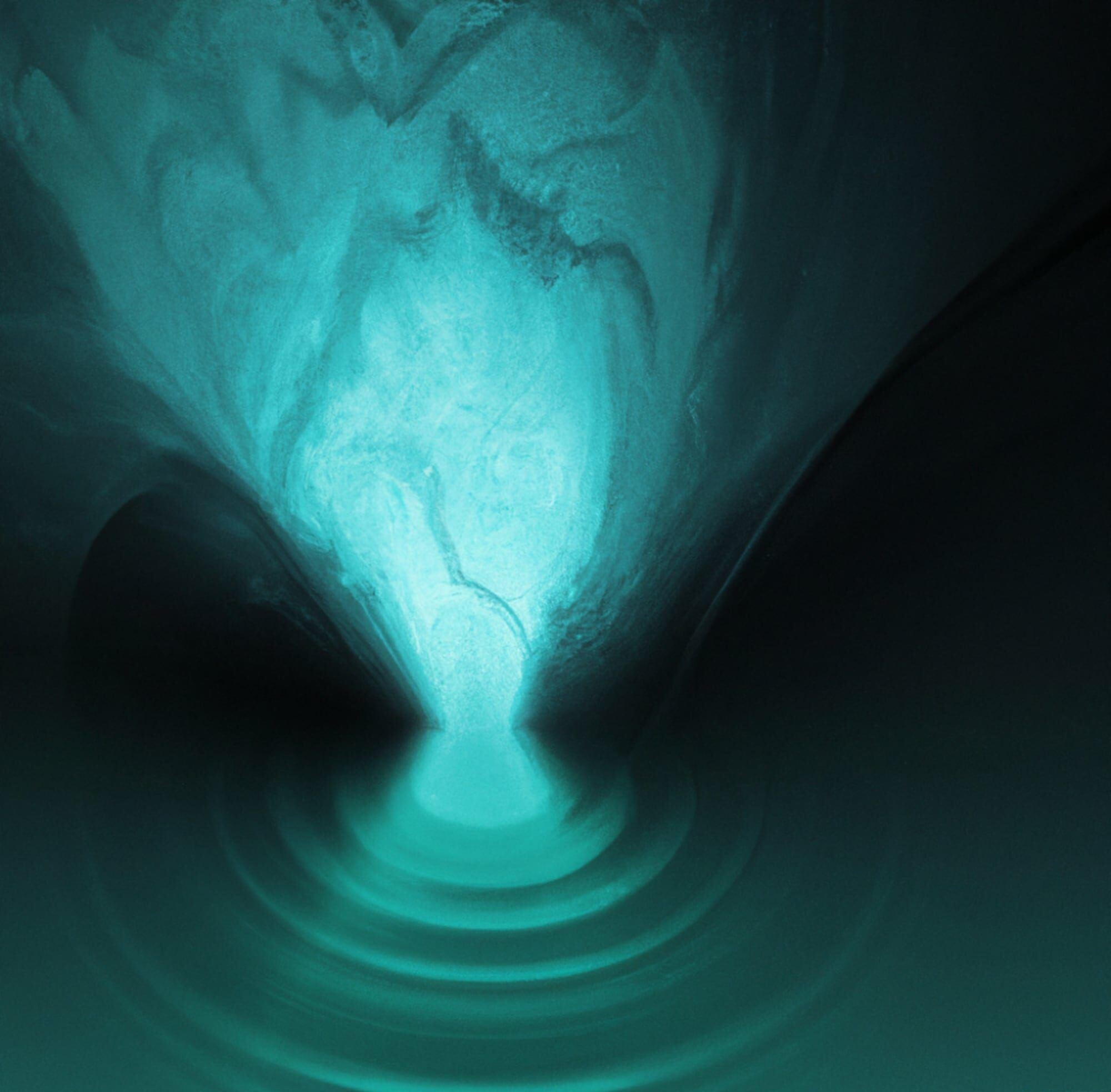
Hosted by Gigi, an ever-curious archivist with a lifelong interest in arts education, in conversation with a broad range of guests from across disciplines, backgrounds and time spaces, the podcast explores the pasts, presents and futures of arts education. All to discuss alternative modes, structures and methods for learning, teaching and instituting, that recall and re-centre historically marginalised ways of working.
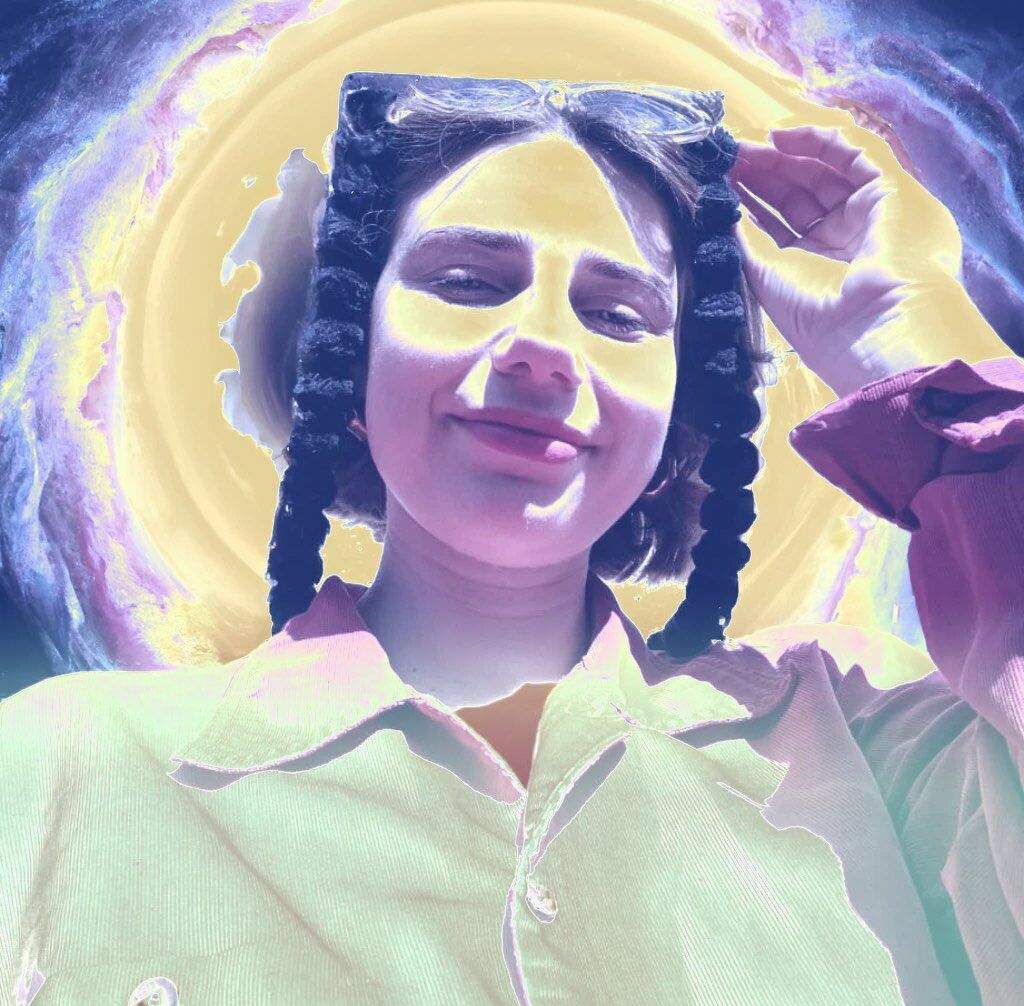
Trailer
Episode 1 - What is the PODPAST?
This first episode sets the scene for the PODPAST which is grounded in the (fictional) temporal zone of the year 2045. Our moderator Gigi will explain to you how and why the PODPAST spans over different, overlapping time spaces and why it is a total thrill to explore diverse aspects of arts education beyond the borders of time and space.
Episode 2 - Tuning into Time Travel: A Journey with 0ct0p0s
This second PODPAST episode is an immersive introduction to time travel. The temporal time keepers Olga and Ora from the 0ct0p0s collective present us with a meditative journey through time and into the future. Sit back, relax and open your mind to possible future realities.
Episode 3 - Disrupting Systems of Learning, Breaking Down Barriers in Education and Lifelong Learning - A Conversation with Kobe Ardui
This time, Gigi meets Kobe Ardui, head of lifelong learning at LUCA School of Arts Belgium, in the year 2022. Kobe discusses disrupting systems of learning in higher arts institutions, especially in relation to hierarchies of knowledge, disciplines and subjects, as well as the role of lifelong learning, peer learning and breaking down barriers within education.
Episode 4 - Multispecies Art and Multispecies Learning in 2045 with Bifolia
In this episode, we will dive into the topic of multispecies learning, and multispecies art together with Gigi’s special guest Bifolia, in the temporal zone of 2045. Bifolia is an artist and researcher at the famous International Institute of Interspecies Art. Interspecies art, an art form in which different species, for example humans and insects, co-create art together is deeply entangled with the idea of multispecies learning based on the ethos that all species are equal and equally complex and that the only way of sharing life on this planet is to learn from and with each other. Bifolia gives us insights into her work and discusses the possibilities and challenges of who has a right to be an art student today in 2045.
Episode 5 - Artistic Freedom, Art Activism and Possible Futures for the Arts in Societies: A Conversation with Kai Lehikoinen, Uni Arts Helsinki
In this episode, the PodPast team successfully establishes a connection to the year 2022 to speak with Kai Lehikoinen, a university researcher specializing in socially engaged arts practices at Uniarts Helsinki, Finland. During the conversation, Kai will provide significant insights into the complex and multi-faceted relationships between arts and society, including the relation between artistic freedom and artistic activism, and new fields the arts might enter in the future
Episode 6 - Digtial Art, Accessibility and Collaboration in 2045: A Conversation with Lena Gieseke, Film University Babelsberg KONRAD WOLF
In this episode, Gigi meets Lena Gieseke from Film University Babelsberg KONRAD WOLF in Germany in the temporal zone of 2045. Lena gives us insights into her ongoing project “Art Collab”, where she works on setting up the virtual art world in a manner that is accessible for everyone, everywhere via an augmented reality art layer. Dive into Lena’s future reality and learn about possible futures approaches to accessibility and collaboration in the arts and arts education, as well as the role of virtual art in the futures.
For more watch the movie ArtCollab Germany 2025
Episode 7 - Climate Futures, Cross-Institutional Learning and Holistic Solutions in 2022 and beyond: A Conversation with Maria Hansen, ELIA
In this PODPAST episode, Gigi successful establishes a connection to the year 2022 to talk with Maria Hansen, the executive director of ELIA, a globally connected European network focused on higher arts education. The conversation addresses the urgent climate crisis on Earth in 2022 and the roles of art universities and artists in addressing this critical issue. Furthermore, Maria gives insights into the emerging trends of transdisciplinarity and cross-institutional and cross-disciplinary learning in the twenties, which offer new approaches to collaboration and problem-solving. Stay tuned to learn more about how art and education are shaping the futures in the midst of global challenges.
Episode 8 - Symbiosis, Sustainability and Common Grounds in 2045: A Conversation with Karel
In this PODPAST episode, Gigi is in conversation with Karel, an artist and active member of the Footnotes Symbiosis working group in the temporal zone of 2045. In this conversation, Karel introduces the vision and work of the working group and discusses different aspects surrounding sustainability, here meaning, social, ecological and technological sustainability. Furthermore, Karel gives insights into future collaborations of institutes of higher arts education and how to build common grounds to enable these collaborations with other species.
Episode 9 - Informal Knowledge and Universal Basic Income in 2045 - A Conversation with Cif Cif and Rigoberta
In this episode, Giggi meets Cif Cif and Rigoberta in the temporal zone of 2045. Cif Cif is the last dean of LUCA School of Arts in Belgium and Rigoberta is a retired educator and curator educator in contemporary arts. Both guests are part of the Footnotes Summer School and are intrigued by the topic of Plasticity. Our discussion will focus on the role of informal knowledge in arts education in 2045, the current roles of artists in society, and how the trend of universal basic income is impacting developments in arts education and the arts as a whole.
Episode 10 - Climate Justice in Higher Arts Education - A Conversation with KLASSE KLIMA
In this episode, Gigi is joined by not one, but two guests, Johann and Lena, two members of Klasse Klima, a student-led educational collective established in the year 2019 at Berlin University of the Arts. Klasse Klima was created to find creative educational methods to address the urgency of the climate crisis. Klasse Kima engages in events and debates on the intersection of art, design and ecology, it therefore seems extremely fitting that their conversation with Gigi focuses on a 2022 time-space perspective of climate justice movements, including C02 accounting and the digital divide, as well as a broader discussion on peer and lifelong learning environments, including where climate change fits into educational structures.
Episode 11 - The Societal Role of Art Schools, Entrance Exams and Cultural Ownership in 2045: A Conversation with Carl Iseg
In this podcast episode, we’re joined by Carl Iseg, music teacher, researcher, and leader of Music Higher Educational Institute in the temporal zone of 2045. We’ll be discussing the function and bureaucracy of art schools, ranging from the meaning of art schools in society, to the role entrance exams play in these very institutions, to the true meaning of Cultural Ownership in 2045. Tune in for a fascinating glimpse into the future of arts and education!
Episode 12 - Collegiality, Knowledge Exchange and Essential Ingredients for New Forms of Governance within Higher Education - A Conversation with Tishka and Camille
In this episode, Gigi is joined by educators, cultural workers and musicians Tishka and Camille, in the temporal zone of 2045. Together they discuss collegiality, cross-institutional learning, common knowledge exchange and transdisciplinarity… as well as the essential ingredients for new forms of governance within education from a 2045 perspective.
Reader
Dive deeper
01
👣 Legacy Russell 2021: AICA-USA Distinguished Lecture.
02
03
👣 Florian Schneider (2010), Footnotes On Education.
04
👣 bell hooks (1994), Teaching to Transgress: Education as the Practice of Freedom.
05
📄 Nana Adusei-Poku (2020), Catch me if you can.
06
📄 Sophia Kosmaoglou (2019), Syllabus of Radical Pedagogy Research & Reading Groups.
07
📄 Patricia Reed (2019), Orientation in a Big World: On the Necessity of Horizonless Perspectives.
08
📄 Sandro Mezzadra / Brett Neilson (2008), Border as Method, or, the Multiplication of Labor.
09
📄 Hakim Bey (1991), T.A.Z.: The Temporary Autonomous Zone].
10
📄 Jo Freeman aka Joreen (first print in 1972), The Tyranny of Structurelessness.
European League of Institutes of the Arts (ELIA)
ELIA is a globally connected European network that provides a dynamic platform for professional exchange and development in higher arts education.
MOVETIA
The national agency for the promotion of exchanges and mobility in the education system.
School of Commons
Global community-learning space.
ZHdK – Zürcher Hochschule der Künste
One of the leading art universities in Europe.
LUCA School of Arts
Hogeschool Sint-Lukas Brussel, based in the Schaerbeek municipality of Brussels, Belgium, is an independent Flemish art school.
Association Européenne des Conservatoires, Académies de Musique et MusIkhochschulen (AEC)
AEC is a European cultural and educational network with around 300 member institutions for professional music training in 57 countries.
Technological University Dublin
Providing pathways to graduation from apprenticeship to PhD. Our 30000+ students learn in a practice-based environment informed by the latest research and enables by technological advances.
Microsoft Ireland
Based in Dublin and Belfast
Estonian Academy of Arts
EKA is the only public university in Estonia providing higher education in art, design, architecture, media, art history and conservation-restoration.
Cefedem Auvergne Rhône-Alpes
A center for professional resources and higher artistic education in music.
Xenorama Collective for Audio-Visual Art
An interdisciplinary Studio for Audiovisual Art, Digital Design and Creative Research.
University of the Arts Finland
Providing the highest level of education in music, fine arts, performing arts and writing in Finland. We were established in 2013, when the Academy of Fine Arts, Sibelius Academy and Theatre Academy were merged.
Conexiones Improbables
Connecting different people and organisations by triggering creative disruptions that can lead to individual and collective changes of outlook and attitude.
Film University Babelsberg KONRAD WOLF
A place where film comes alive, a school representing a wealth of different stories and artistic forms, genres and formats, specialization and exchange.
Clara Balaguer
Clara (Makati City, Pisces Metal Monkey) is a cultural worker and grey literature circulator.
Edwin Ramirez, Criptonite
Edwin (they/them) is a performance artist and stand-up comic based in Zurich.
School of Intrusions
School of Intrusions is a collective of sorts practicing informal ways of gathering in and around specific urban and rural sites in Palestine.
Noor Abed
Noor is an interdisciplinary artist and filmmaker.
manuel arturo abreu
manuel (they/them) (b. 1991, Santo Domingo, Dominican Republic) is a non-disciplinary artist from the Bronx who lives and works on lands of Multnomah, Cowlitz, Chinook, Kalapuya, Klackamas, Grand Ronde Confederation, Siletz Confederation, and other First Peoples of the Pacific Northwest.
Phila Bergmann and Thea Reifler
Phila and Thea work as curators, artists, social justice trainers, teachers and researchers in the field of visual art and performance.
Silvia Federici
Silvia is a feminist writer, teacher, and militant.
Jack Hogan
Jack (they/them) is an artist and architect from Waterford, Ireland.
Marta Malo de Molina
Marta is a translator and feminist researcher.
Brandy Butler
Brandy is a performance artist, musician, educator, mother, and activist who spends their time creating creative opportunities at the interface of art and community.
Lina Dokuzović
Lina works at the intersection between visual art and research/knowledge production.
Ama Josephine B. Johnstone
Speculative Writer, Artist, Curator and Pleasure Activist.
Klasse Klima
Student-led Klasse Klima, founded at the Berlin University of the Arts in 2009, translates demands for climate justice and degrowth into aesthetic education and practice.
Omsk Social Club
Omsk Social Club’s (they/them) work is created between two lived worlds, one of life as we know it and the other of role play.
Lena Schubert
Lena is a Berlin-based cultural researcher and journalist.
Johann Otten
Johann (* 1991 in Celle, Germany) works as a dramaturg and journalist.
Will Fredo Furtado
Will (they/elle) is a non-binary artist, writer, and editor of Guatemalan and Cape Verdean heritage.
Contemporary And (C&)
Contemporary And (C&) is an art magazine and a dynamic space for issues and information on contemporary art from Africa and its global diaspora.
Marea Hildebrand
Marea has been directing the project since its beginnings in late 2016. With an established background in arts education, she earned a BA in Art Education and an MA in Transdisciplinary Studies, from Zürcher Hochschule der Künste (ZHdK).
Lea Minow
Lea is a Social and Cultural Anthropologist, researcher and author.
Jelena Mair
Since 2022, Jelena has been part of the leadership team at the School of Commons, Zurich University of the Arts (CH), where she oversees our Office, Finances, and Funding & Partnerships.
Amy Gowen
Since 2023, Amy has been part of the leadership team at the School of Commons, Zürcher Hochschule der Künste (ZHdK), overseeing the Publishing and Public Program. In 2024, she was appointed Deputy Director.
Monika Dorniak
Monika is a German-Polish artist with an interdisciplinary background in choreography, psychology and design, who often merges media – specifically performance, (textile) sculpture and multimedia.
Carina Erdmann
Carina works as multimedia artist, PhD researcher and mentor at LUCA School of Arts.
Steph Holl-Trieu
Artist and writer.
European Union
FAST45 is funded by the Erasmus + Knowledge Alliance programme of the European Union.
